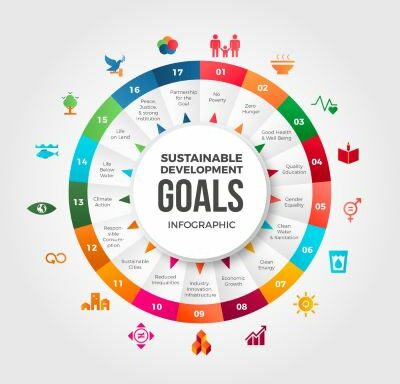The European Green Deal is an ambitious policy initiative of the European Union (EU) aimed at making Europe climate-neutral by 2050. It is a comprehensive strategy focused on transforming the EU into a sustainable, green economy and addressing climate change and environmental issues.
Some key elements of the EU Green Deal include:
Climate Neutrality by 2050: The goal of the Green Deal is to reduce the net greenhouse gas emissions of the EU to zero by 2050. This means that the EU as a whole will no longer produce net emissions of greenhouse gases.
European Climate Law: The EU has adopted a European Climate Law to legally bind the goal of climate neutrality.
Renovation Wave: A significant part of the Green Deal is to promote energy-efficient renovations of buildings in the EU to improve energy performance and reduce greenhouse gas emissions.
From Farm to Fork: The Green Deal includes measures to make the agriculture sector more sustainable, combat biodiversity loss, and promote the sustainable use of natural resources.
Circular Economy: The Green Deal encourages the transition to a circular economy where products and materials are reused and recycled rather than discarded.
Transport and Mobility: Initiatives are being taken to promote clean and sustainable modes of transportation, such as electric vehicles and public transport, as well as the development of a green transportation system.
Financing and Investment: The EU aims to mobilize significant investments to support the Green Deal, both from the public and private sectors.
The EU Green Deal serves as a roadmap for achieving a greener and more sustainable future for Europe. It encompasses various policy measures and initiatives to promote the transition to a climate-neutral society and reduce environmental pressures. It is also intended to stimulate economic growth and employment in sectors contributing to sustainability and environmental protection. The implementation of the Green Deal is an ongoing process and requires cooperation between EU member states, businesses, and citizens.


